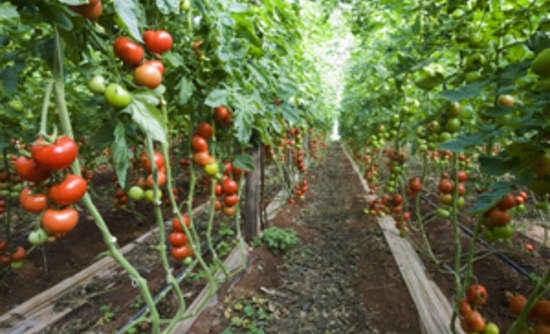Belgium, like much of Europe, has witnessed an explosion in the popularity of organic goods in the last decade. Around 15% of Walloon farms have now opted to produce organic products, which typically attract a more select clientele of environmentally-minded customers. But this explosive growth may now be coming to an end.
Statistics published by Statbel, Belgium’s statistics agency, show that the growth of the industry slowed last year. In 2019-2020, the industry grew by 6.4%. Last year, the industry grew by just 2.8%, rising to 2,624 holdings.
“Indeed, the increase in certified organic areas is less marked in 2021 than in previous years,” statisticians at Statbel noted.
Credit: Statbel
In Belgium, a total of 101,831 kilometres squared of land is currently dedicated to organic farming. Just 20 years ago, this figure was less than a third of what it is now.
The slowdown in organic farming can also be observed in the rearing of cattle stock, with the organic herd in Wallonia decreasing significantly. There was a growth in the organic raising of other animals, such as goats and poultry. Within one year, the number of organic goats increased by 21.5%, and poultry by 5%.
Related News
- Is organic food really better for you?
- Organic products less popular in Belgium due to high inflation
As organic goods are commonly perceived as luxury items due to their higher price tag, the organic sector has been hit hard by rising inflation and difficult household finances.
The sales of organic products are down 15-30% in some stores in Belgium this year. According to Belgian broadcaster RTBF, the sale of organic products was down 30% in February alone. The sale of almost all types of organic products have dropped by a third and farmers markets have witnessed a significant downturn in sales across Belgium.
This is in stark contrast to years of growth observed in recent years. In 2020, before the start of the Covid-19 pandemic, the organic industry grew by 15.4% in the space of a year.
In the last decade, Belgians increased their spending on organic products by 113%, with many people sold on the health benefits of an all-organic diet. Organic growers shun the use of pesticides and other chemicals and foster natural animal rearing practices.

